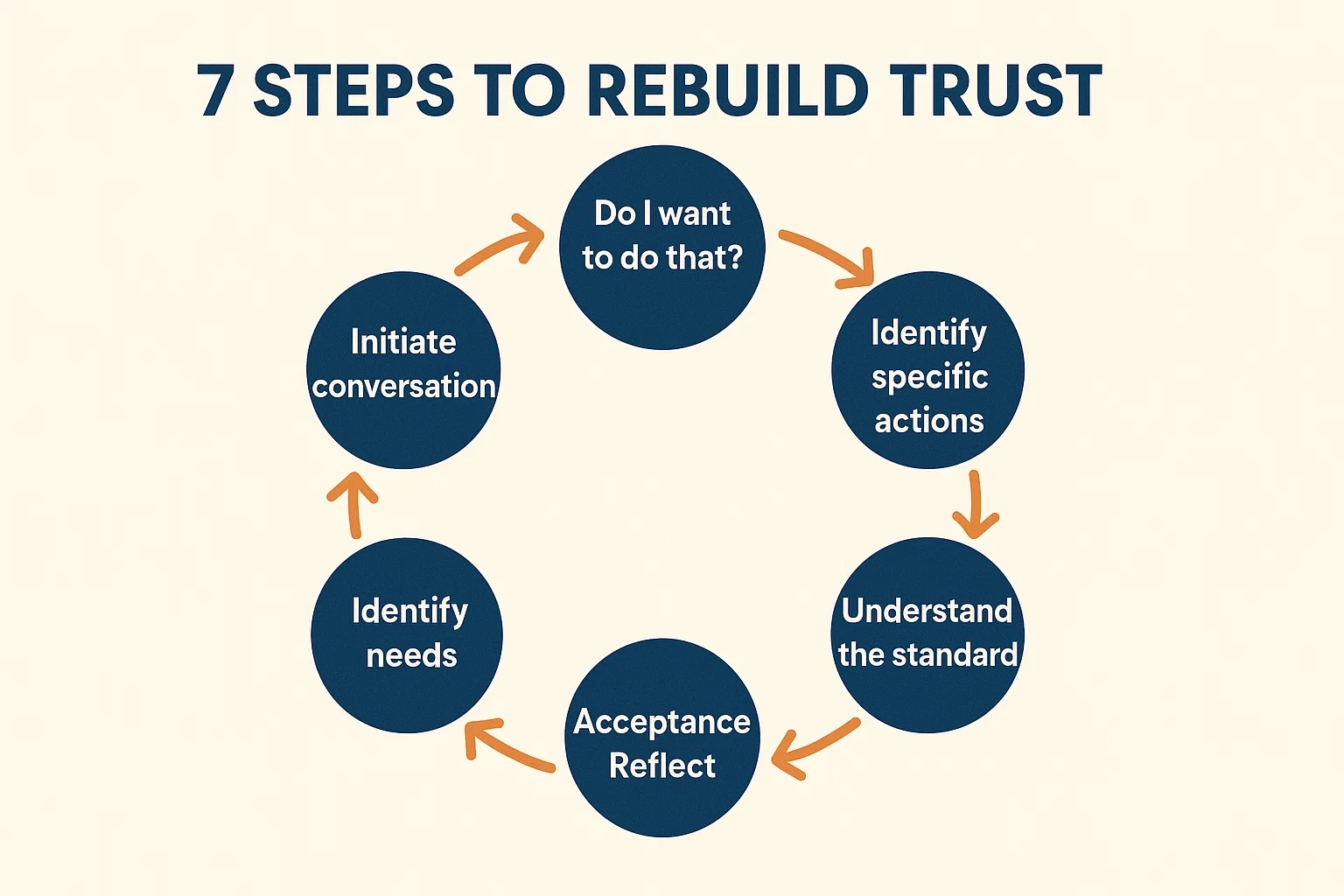Why Building Trust is Important?

Trust is the foundation of any relationship. It allows you to feel safe and be open to people. But it takes a huge amount of effort to build trust, and probably four times the efforts to reestablish trust. So, what are the steps you are taking to rebuild, restore, or repair a relationship and come back stronger?
But first, what is trust? Is it a firm belief in the reliability, truth, or ability of someone or something? Or is it something else? People all around the globe have tried defining trust and have given many definitions. But Charles has a unique take—he defines trust as making something you value vulnerable to another person's actions.
This time on The xMonks Drive, Charles Feltman, a transformational coach and an expert on trust, joins us to help us rebuild trust in a relationship. Here is a transcripted version of the conversation.
Rebuilding Trust
Gaurav: I've personally come across teams and couples who struggle to have meaningful conversations. Many times, people are unable to cross the bridge of trust or are uncomfortable making eye contact during discussions. What could be a possible way to rebuild trust?
Charles: It’s an important question because we've all damaged trust with each other at times—consciously or unconsciously. Especially in the workplace, probably 90-95% of the time, trust issues arise unknowingly. People don’t realize the implications of their actions until later.
Fortunately, I received good feedback in such situations. If I hadn’t, I would have continued my actions without realizing their effects. So, yes, we all damage trust at times.
7 Steps To Rebuild Trust
“Trust is making something you value vulnerable to another person's actions.”
Gaurav: What are the steps we can take to rebuild trust?
Charles: The seven steps we can take to rebuild trust are as follows:
- Do I want to do that? Decide if you're willing to talk to the other person about trust issues. Assess whether the relationship holds enough value to invest in rebuilding trust.
- Identify specific actions Understand which aspects of distrust are affecting the relationship and identify the behaviors causing it.
- Define standards Set clear standards for trustworthiness, particularly in reliability.
- Understand the standard Determine what actions have led to distrust and discuss behaviors rather than making personal judgments.
- Acceptance Reflect on your own role in the situation. Are you contributing to the lack of trust?
- Identify needs Define what you need from the other person to rebuild trust and express it clearly.
- Initiate conversation Begin by asking the other person if they are open to discussing trust.
Do I Trust You?
“You can only trust the other person when you're willing to trust yourself.”
Gaurav: How do we differentiate between someone’s inability to trust us due to our actions and their personal difficulty in trusting others? How do we ensure that it's not our own projection onto them?
Charles: We don’t necessarily need to dive into deep personal analysis to have effective conversations about trust. Let’s take reliability as an example—keeping specific commitments. Suppose someone consistently fails to keep commitments over months. How might I have contributed to that? Perhaps I never held them accountable earlier.
At the very least, I must acknowledge that I haven’t addressed the issue before. Owning up to this is an essential step in rebuilding trust.
About the Speaker
Charles Feltman has more than 25 years of experience in leadership coaching and trust-building. His work focuses on helping individuals and organizations develop stronger relationships based on trust.




.png)